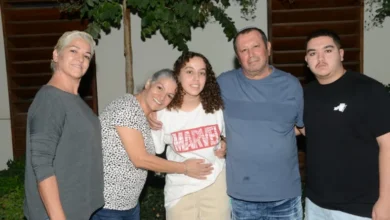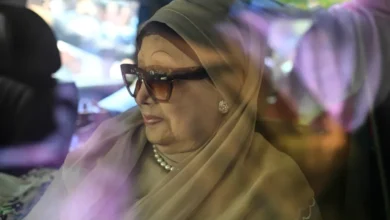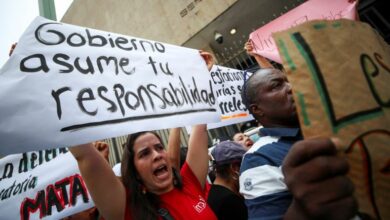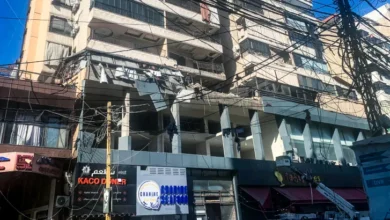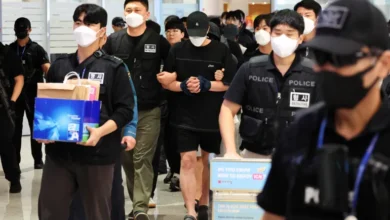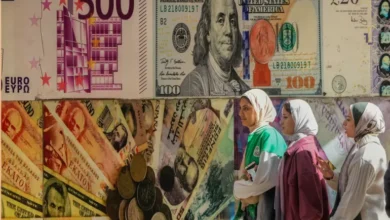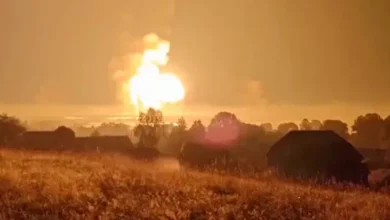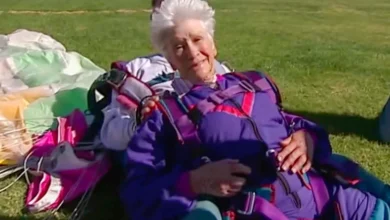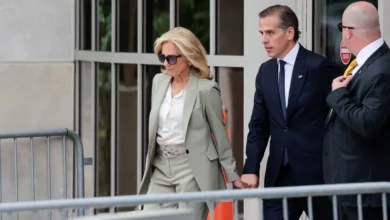Will the coronation of King Charles III be a media spectacle?

On Saturday, May 6, Britain’s King Charles III will be crowned, eight months after he ascended to the throne, following the death of his mother, Queen Elizabeth II, last September.
Officiated by the archbishop of Canterbury, the highest Church of England cleric in the country, the ceremony will be held at Westminster Abbey in London, the setting for every coronation since 1066.The coronation will see the 74-year-old crowned with a solid gold crown made in 1661 in front of 2,200 invited guests from across the political, royal and celebrity worlds.
Among them will be his eldest son Prince William and his wife Catherine, while his second son Prince Harry, who recently fell out with the rest of the family, will be flying in for the event from the United States without his wife Meghan Markle.
It is still not clear what role Prince Andrew, recently stripped of royal duties amid his links to a sex abuse scandal, will play.
The guest list also includes British Prime Minister Rishi Sunak, French President Emmanuel Macron, German Chancellor Olaf Scholz and Ursula von der Leyen, the president of the European Commission, plus a number of other royal families, including Prince Albert II and Princess Charlene of Monaco.
Previous coronation
Charles’s coronation comes 70 years after the coronation of his mother, then aged 25, who was crowned in a grand ceremony on June 2, 1953.
The 39th monarch’s coronation ceremony at Westminster Abbey was steeped in religious pomp, symbolism and tradition as millions watched watch Queen Elizabeth II recite an oath, was anointed with holy oil and adorned with riches, robes and royal regalia as she was crowned Queen of the United Kingdom, Canada, Australia, New Zealand, South Africa, Pakistan and Sri Lanka, known at the time as Ceylon.
Saturday’s ceremony appears to be a less grand affair, with a shortened ceremony from about three hours to an hour and a reduced attendee list.
Commentators told Al Jazeera that the differences speak to the changing role of the royal family and Britain as a nation domestically and on a global stage between the two events.
